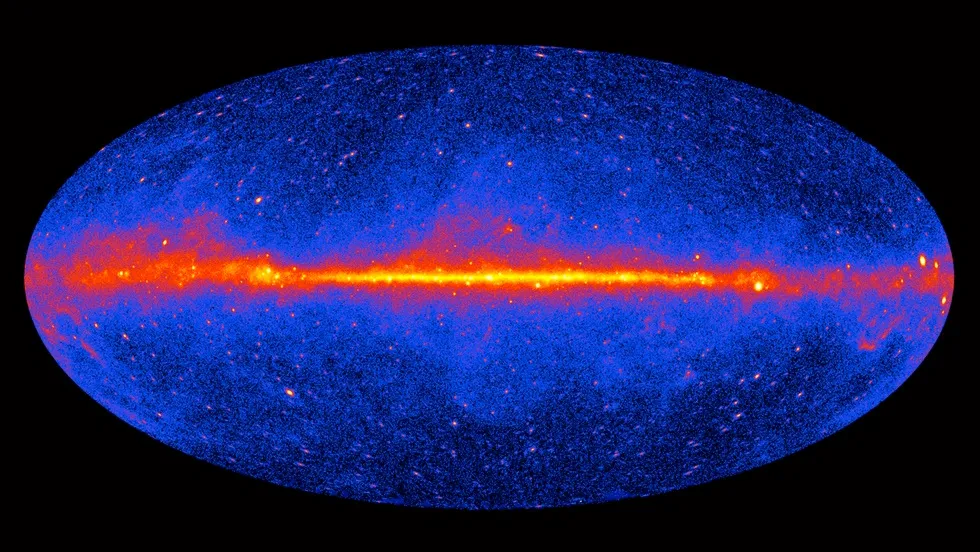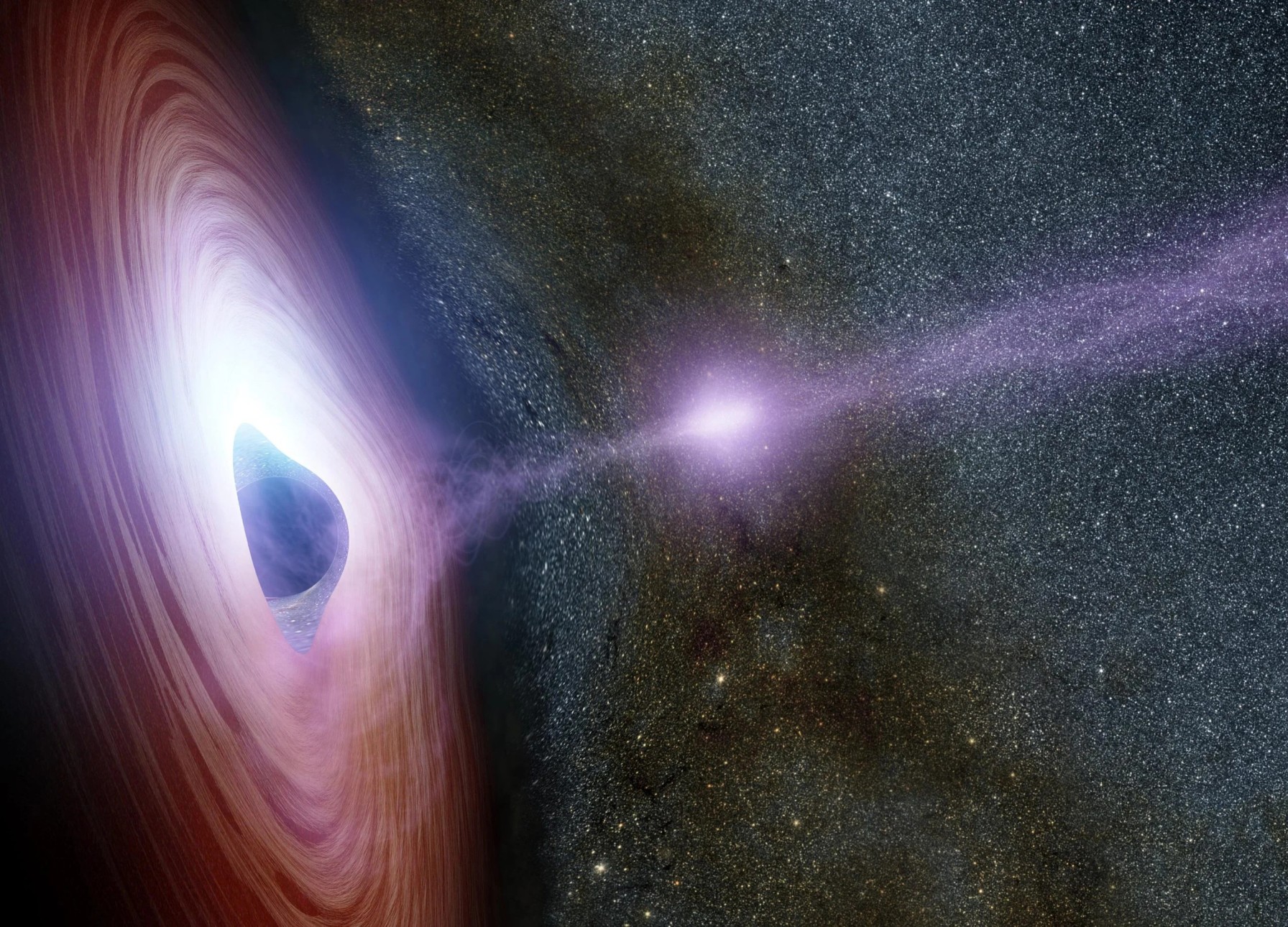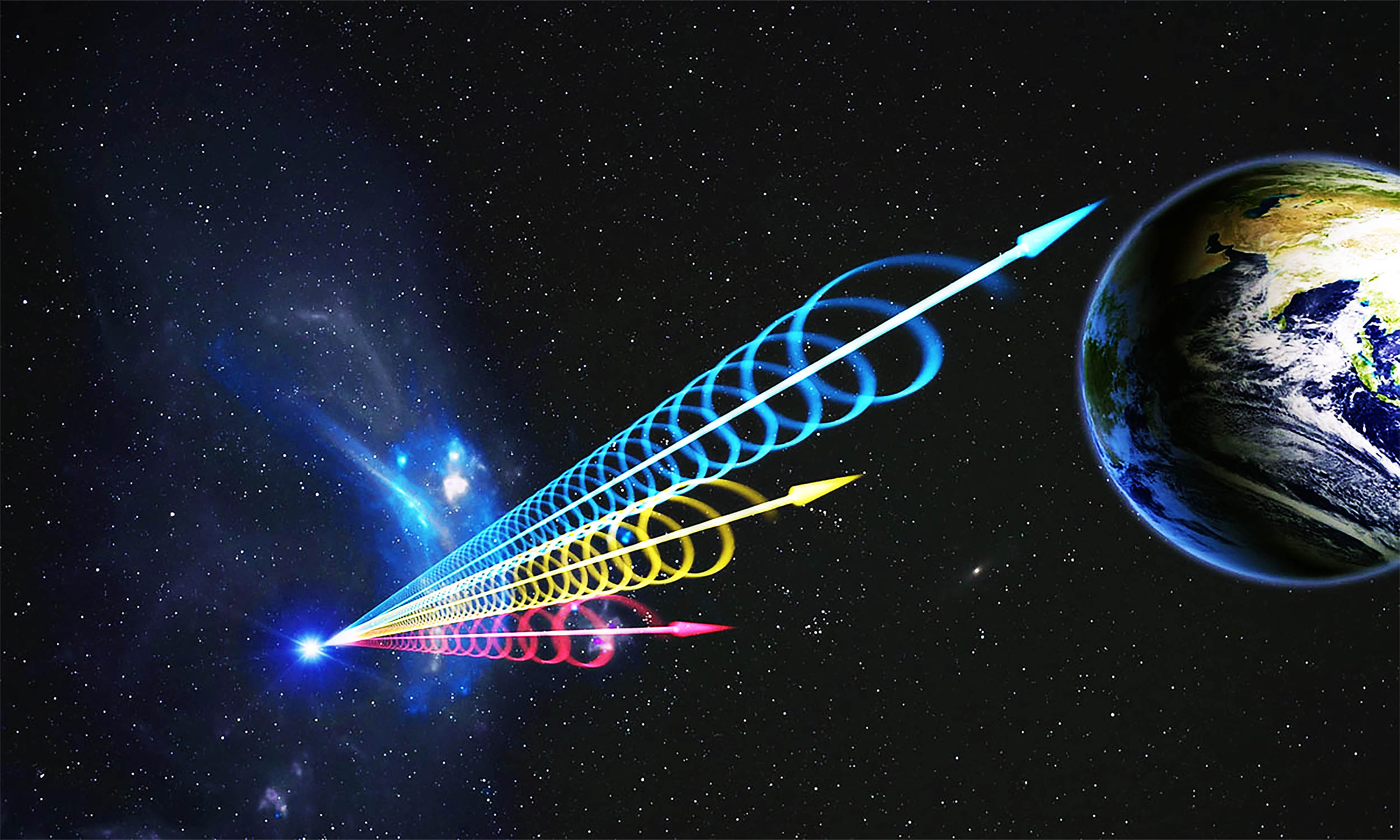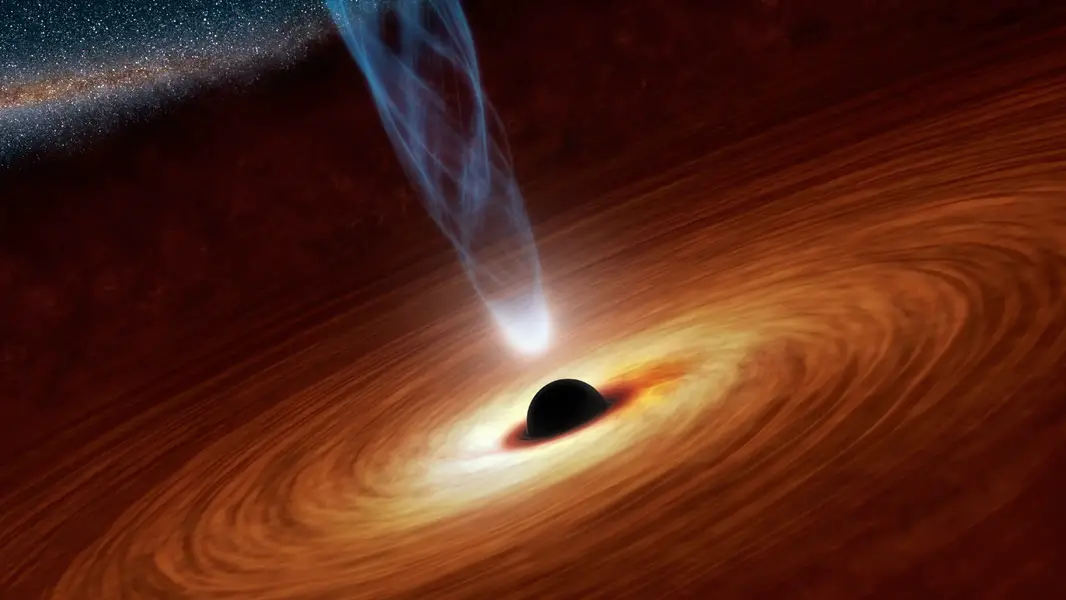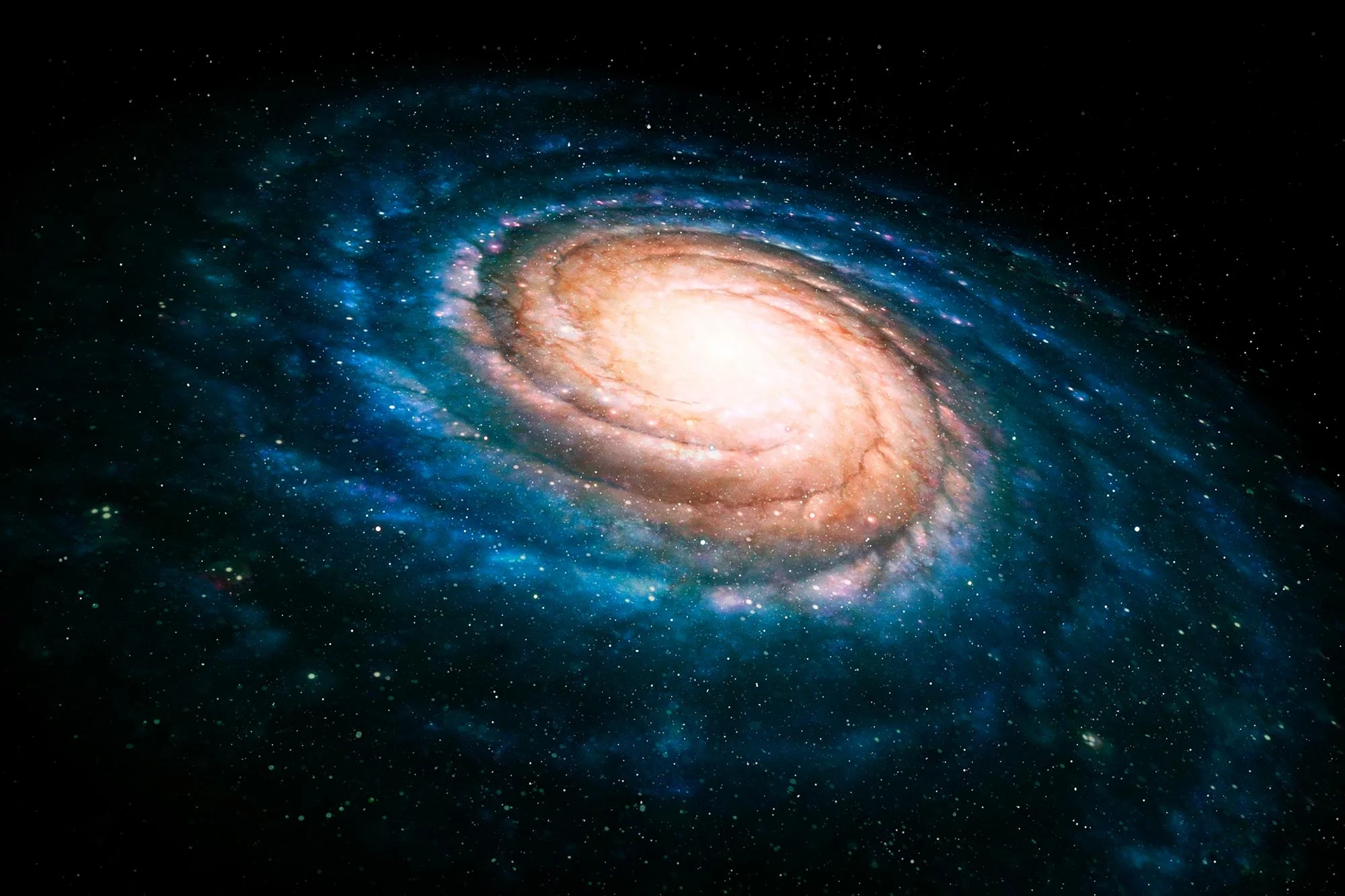Whether there was a beginning or not, something can’t come from nothing, so there must always have been SOMETHING?
Key Takeaways
- Nobel laureate Roger Penrose proposes that the universe undergoes infinite cycles of death and rebirth.
- His “conformal cyclic cosmology” (CCC) theory suggests a universe existed before the Big Bang.
- Penrose identifies evidence in the cosmic microwave background (CMB) as remnants of past universes.
- The discovery of “Hawking Points” could validate Stephen Hawking’s predictions about black holes.
- The theory, while groundbreaking, faces challenges in aligning infinite past universes with our current one.
___________
Penrose’s Theory of Eternal Cosmic Cycles
Sir Roger Penrose, the 2020 Nobel Prize winner in Physics, has introduced a controversial theory: the universe endlessly cycles through Big Bangs, each marking the death of one universe and the birth of another. This idea, called conformal cyclic cosmology (CCC), challenges the standard Big Bang model that treats the event as the universe’s definitive beginning.
Penrose’s insights into black holes and Einstein’s general relativity laid the foundation for his groundbreaking cosmological views. During his Nobel lecture, he reiterated his belief that the universe’s current expansion will eventually lead to a state where all matter decays. From this void, a new Big Bang will emerge, giving rise to another universe. “The Big Bang was not the beginning,” he stated, implying that something existed both before and after our current universe.
Evidence for Universes Before Ours
Penrose’s CCC theory hinges on evidence he claims to have found in the cosmic microwave background (CMB), the faint radiation left from the early universe. In his 2020 paper in Monthly Notices of the Royal Astronomical Society, Penrose highlights the discovery of six “Hawking Points,” anomalous warm spots in the CMB. These points, each eight times larger than the Moon’s diameter, could be radiation remnants from black holes evaporating in a previous universe, as predicted by Stephen Hawking.

Earlier studies by Penrose, including a 2018 paper, also identified radiation hotspots in the CMB. Collaborating with Vahe Gurzadyan in 2010, Penrose attributed uniform temperature rings in the CMB to gravitational waves from black hole collisions in pre-Big Bang universes. The data supporting these claims came from the Planck satellite and were tested through thousands of simulations.
The Debate Among Cosmologists
Penrose’s bold theory has sparked significant debate in the cosmological community. Critics point to challenges in reconciling the vast scales of infinite universes with the compactness of the Big Bang. For the CCC model to hold, particles would need to lose their mass as the universe ages, an idea that remains speculative.
Nevertheless, Penrose’s work has invigorated discussions about the origins and fate of the universe. While many physicists remain skeptical, others see his ideas as an opportunity to explore uncharted territories in theoretical physics. As Penrose himself notes, bold theories are essential for understanding our complex and mysterious cosmos.
